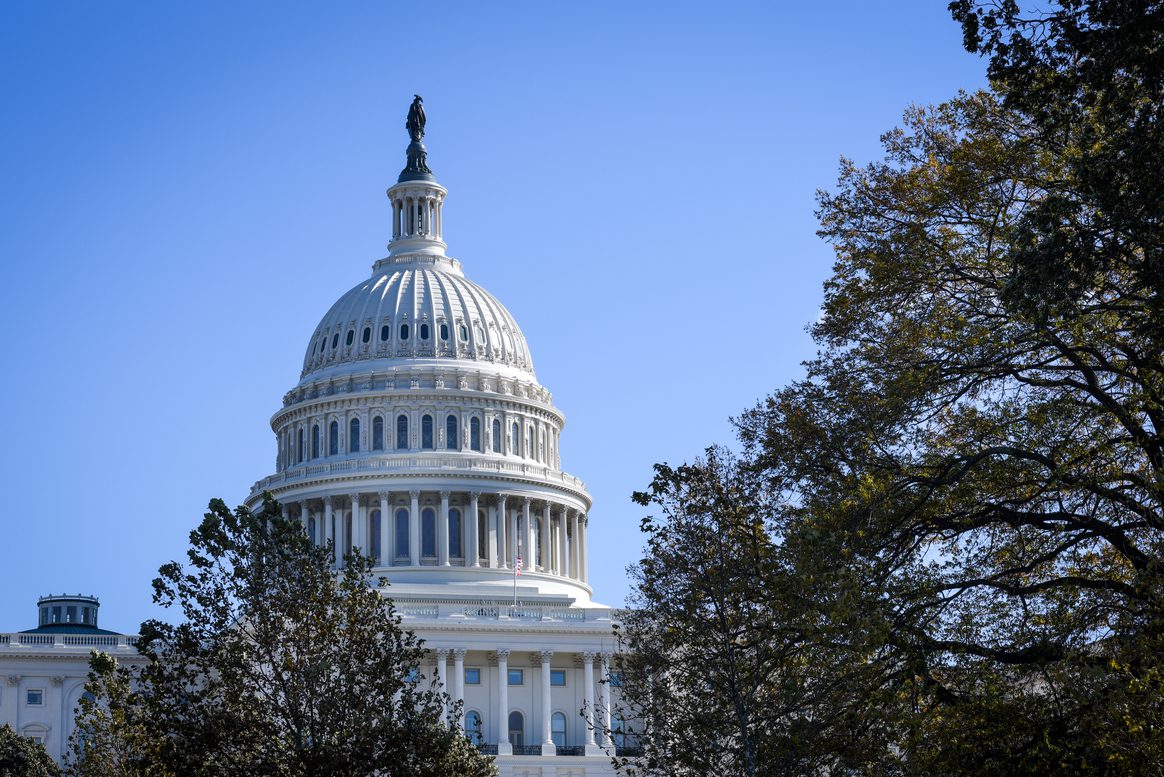 Here’s a fun fact: This exact week of August 1962, Neil Sedeka’s “Breaking Up is Hard to Do” landed in the #1 spot of Billboard’s Hot 100. Thanks to last week’s Congressional antitrust hearings, this bit of trivia is suddenly ironic. Could the once unthinkable—breaking up the largest, most powerful technology corporations in the world—actually not be so hard to do?
Here’s a fun fact: This exact week of August 1962, Neil Sedeka’s “Breaking Up is Hard to Do” landed in the #1 spot of Billboard’s Hot 100. Thanks to last week’s Congressional antitrust hearings, this bit of trivia is suddenly ironic. Could the once unthinkable—breaking up the largest, most powerful technology corporations in the world—actually not be so hard to do?
Given the current political climate, and what I saw last week, I’d say yes.
This scenario, of course, is the ultimate nightmare for the CEOs who run Amazon, Apple, Facebook and Google. For Jeff Bezos, Tim Cook, Mark Zuckerberg, and Sunder Pichai, comfortably beaming into the remote inquiry (using Cisco WebEx, their competitor’s system), it has long loomed as a potential Black Swan event, but seldom has it seemed a real possibility. Perhaps that’s why, despite their own brilliance, stellar business track records, platoons of attorneys, 1.4 million documents, 400 hours of organizing meetings, and 20 press briefings, none of them seemed truly prepared for what they faced last week.
Unlike the stumbling, bumbling Q&As of the past that did little but assure the American people that their representatives in Washington had zero grasp of technology, this time lawmakers—from both parties—came prepared. They alleged a gamut of abuses of power by Apple, Amazon, Facebook, and Google—squashing competitors, undermining innovation, price discrimination, required tie-ins of across bundled businesses, covert consumer data harvesting, privacy violations and foreign power election interference, irresponsible but remunerative biased gateways to content such as hate speech—the list goes on and on.
Most worrisome for Big Tech, some of the complaints focused on the consequences to consumers of allegedly monopolistic behavior such as predatory pricing or buying out major competitors to reduce consumer choice and later drive up price, potentially classic violations of the Sherman Antitrust Act of 1890 or potential restraint of trade issues covered by the Clayton Antitrust Act of 1914, (such as Amazon’s supposed access barriers to AT&T’s HBO Max content, and Apple’s prohibitively-priced $46 billion App Store business).
Denying all such allegations, the Tech Titans survived the battle, but they may be losing the long war. None of them did much to build credibility in the public’s eyes, and all of them are certain to face more scrutiny in the years ahead. Regardless of who takes control of the White House and Congress next year, they’ll face the most populist political environment in decades. Gaudy earnings and evasive testimony? Hardly assets if the nation enters a second Great Recession and the national mood turns even darker.
It was a similar atmosphere in the late 19th Century, when the Republican Teddy Roosevelt Administration pioneered antitrust prosecution, culminating in the 1911 breakup of John D. Rockefeller’s Standard Oil. The charges? The misused power they obtained from purchasing its competitors and using its size to drive benefits not available to smaller companies such as discount rates from railroads.
The 1984 breakup of the original AT&T into 8 regional operating companies as well as separate manufacturing and research businesses seemed unthinkable at the time (it was designed as a legal monopoly in 1885). But it happened, with checkered success, sparking the creation of new businesses such as Cisco and Apple, which would not have been possible under the original structure.
Even past clearance is not shield. For example, P&G was ordered to divest Clorox in 1960—years after FTC clearance in 1957. Similarly, while regulators cleared the Comcast/NBC merger in 2011, creating a $30 billion media behemoth that controls both how television shows and movies are made and how they are delivered. Yet, six years later, the anti-trust division of the Trump Administration’s Department of Justice’s sued to break up the $85 merger of AT&T and TimeWarner, a plan with identical market implications, despite an antitrust chief whose career publications held the opposite positions before his political appointment.
Rather than the more current concern over horizontal integration of former competitors, this breakup move was built upon the 1938 and 1948 government action against Paramount Pictures, Twentieth Century-Fox, Lowe’s, RKO, Warner Bros., Columbia Pictures, Universal and United Artists which separated production and distribution of films. After two costly years of appeals, the AT&T/TimeWarner deal was ultimately cleared by courts.
It’s exactly this kind of activist atmosphere the Tech Titans should fear, an atmosphere where anything can happen. A world in which, for instance, the Trump Administration unilaterally threatens to shut down the hugely popular TikTok app over alleged national security risks, pushing them into the arms of Microsoft—and no one really blinks an eye. Strange days indeed.
Watching the leaders of Google, Amazon, Facebook and Apple testify last week, I was reminded of what one CEO told me forty two years ago while I was researching a Harvard Business Review article examining why employees at companies conspired to fix prices, despite the well-known risks and painful penalties.
“We point out that anticompetitive practices hurt the company’s ethical standards, public image, internal morale, and earnings,” he said. “Yet we wind up in trouble continually… You begin to wonder about the intelligence of these people. Either they don’t listen or they’re just plain stupid.”

Chief Executive Group exists to improve the performance of U.S. CEOs, senior executives and public-company directors, helping you grow your companies, build your communities and strengthen society. Learn more at chiefexecutivegroup.com.
0

1:00 - 5:00 pm
Over 70% of Executives Surveyed Agree: Many Strategic Planning Efforts Lack Systematic Approach Tips for Enhancing Your Strategic Planning Process
Executives expressed frustration with their current strategic planning process. Issues include:
Steve Rutan and Denise Harrison have put together an afternoon workshop that will provide the tools you need to address these concerns. They have worked with hundreds of executives to develop a systematic approach that will enable your team to make better decisions during strategic planning. Steve and Denise will walk you through exercises for prioritizing your lists and steps that will reset and reinvigorate your process. This will be a hands-on workshop that will enable you to think about your business as you use the tools that are being presented. If you are ready for a Strategic Planning tune-up, select this workshop in your registration form. The additional fee of $695 will be added to your total.

2:00 - 5:00 pm
Female leaders face the same issues all leaders do, but they often face additional challenges too. In this peer session, we will facilitate a discussion of best practices and how to overcome common barriers to help women leaders be more effective within and outside their organizations.
Limited space available.

10:30 - 5:00 pm
General’s Retreat at Hermitage Golf Course
Sponsored by UBS
General’s Retreat, built in 1986 with architect Gary Roger Baird, has been voted the “Best Golf Course in Nashville” and is a “must play” when visiting the Nashville, Tennessee area. With the beautiful setting along the Cumberland River, golfers of all capabilities will thoroughly enjoy the golf, scenery and hospitality.
The golf outing fee includes transportation to and from the hotel, greens/cart fees, use of practice facilities, and boxed lunch. The bus will leave the hotel at 10:30 am for a noon shotgun start and return to the hotel after the cocktail reception following the completion of the round.